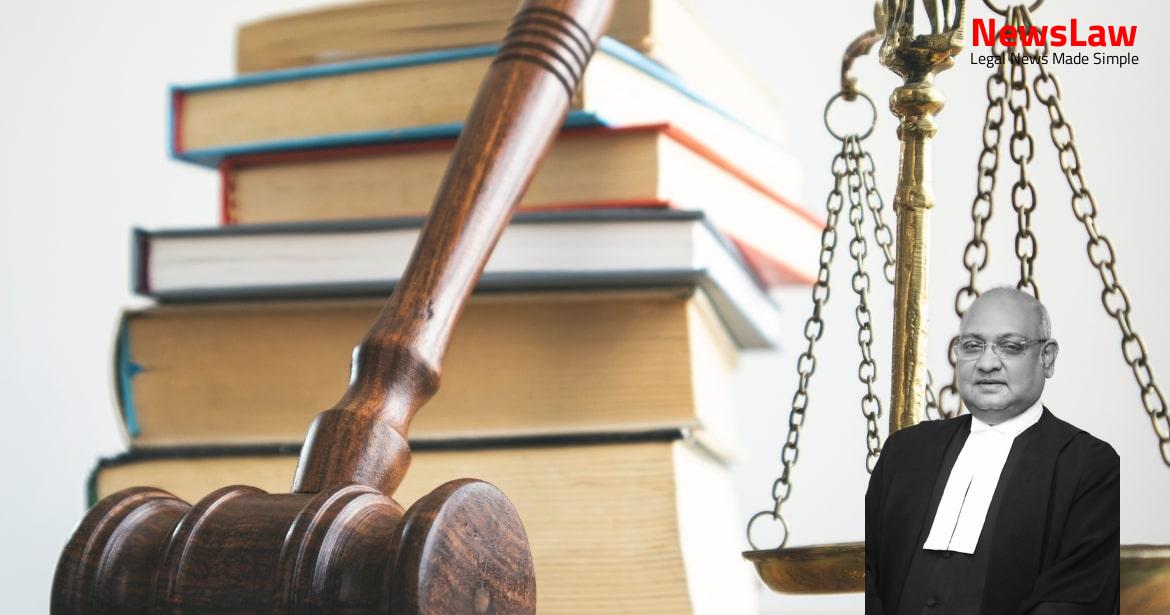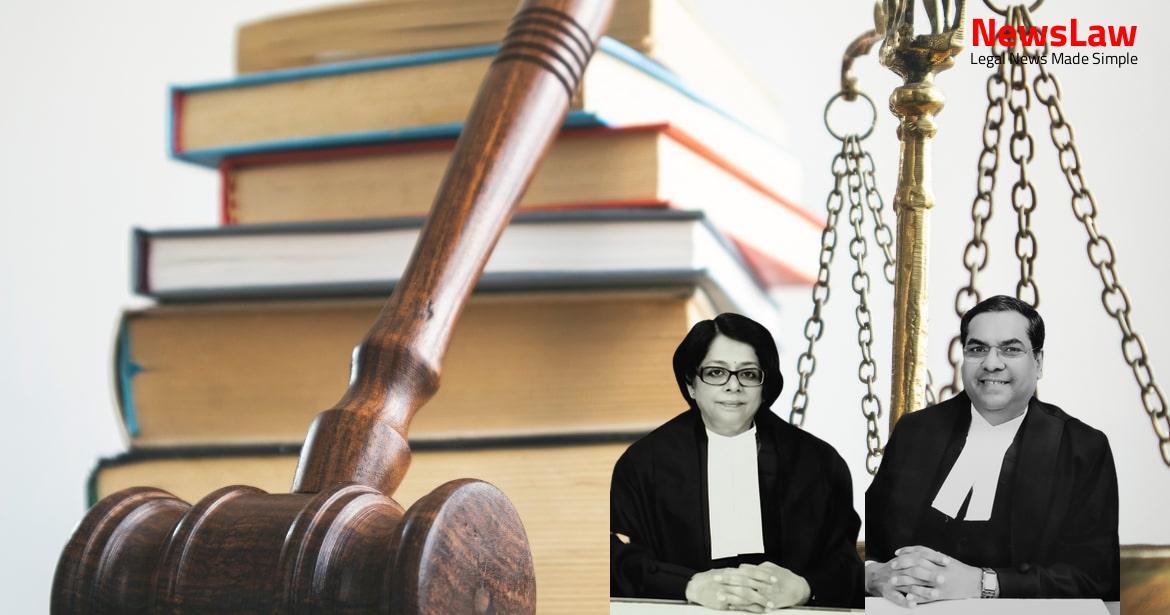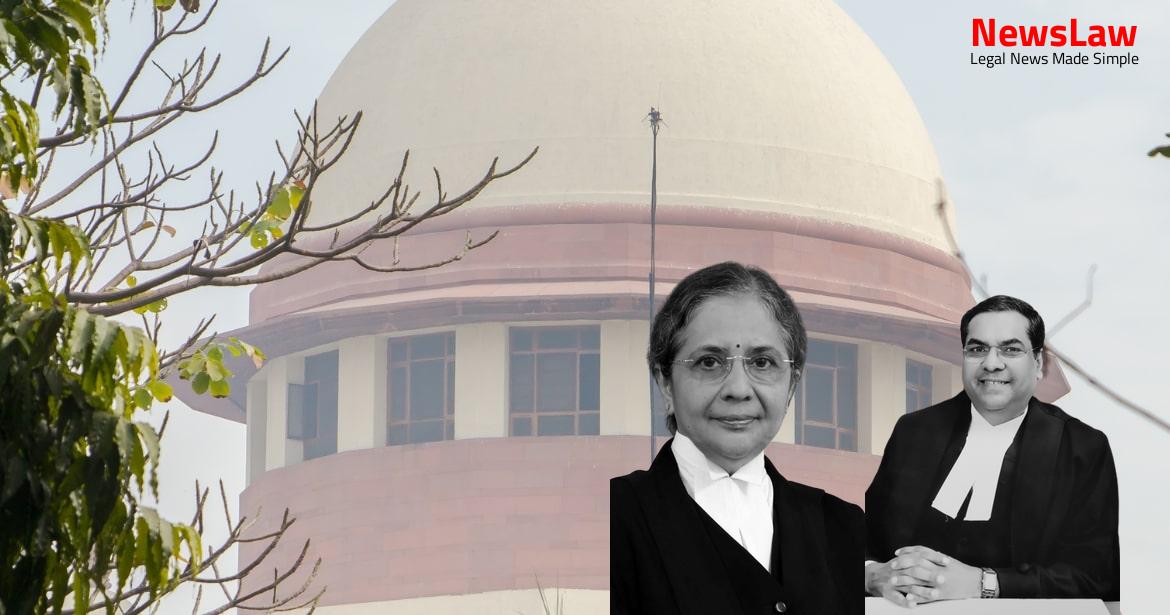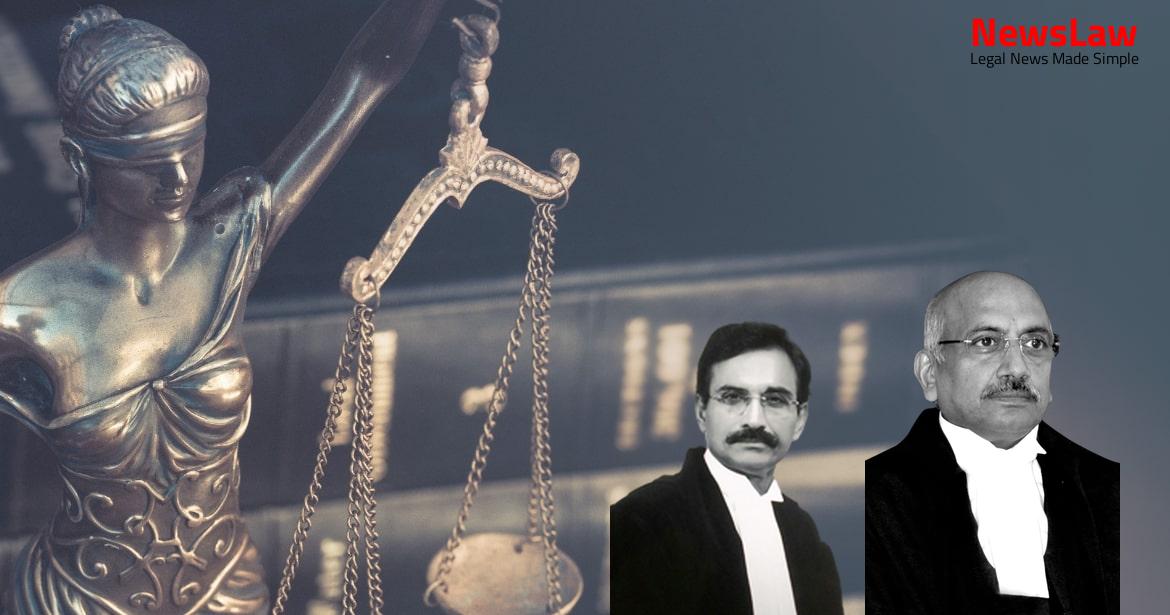The Court’s recent judgment delves into the statutory interpretation of the Advocates on Record Rules, emphasizing the importance of reconciling provisions and upholding legislative intent. This analysis sets a key precedent for legal proceedings, ensuring coherence and consistency in the interpretation of laws. Let’s explore how this judgment shapes the landscape of legal practices and regulations.
Arguments
- The petitioner, Mr. Siddharth Murarka, is a registered Advocate on Record with the Supreme Court of India.
- He argues that he should be allowed to file similar pleadings in different High Courts as partnership firms are permitted to do so, giving them an advantage.
- The Rules governing the Supreme Court owe their history to the Federal Court Act, 1941, and the expression historically used is ‘person’ or ‘agent.’
- Mr. Kailash Vasdev, a learned senior counsel and former Advocate on Record, assisted in explaining the history of the Supreme Court Rules formulation.
- Mr. Siddharth Murarka has unconditionally withdrawn all emails related to complaints against the Registry or Advocates/firms and acknowledges the legal profession as a profession, not a business.
- The enrolment of Advocate on Record is governed by Order IV Rule 15 to 29 and Rule 31, both originally and in the amended form under the 2013 Rules.
- The conclusion is that there can be an Advocate on Record or a firm of Advocates on Record.
- Authorization in the context is referred to as ‘him.’
Also Read: Supreme Court Judgment on Single Till Mechanism for HRAB Calculation: A Comprehensive Analysis
Analysis
- Mr. Murarka seeks to adopt a style similar to a Law Chamber with his name following suit.
- The larger issue of expanding the registration of Advocates on Record to permit sole proprietorship firms is left to Rule-making authorities.
- The Court will not interfere with the Rules in the present proceeding.
- Individual case facts are being examined, specifically Mr. Murarka’s wish to state ‘Law Chambers of Siddharth Murarka sole proprietor Siddharth Rajkumar Murarka’ with his registration number.
- The term ‘Law Chambers’ has historical significance from England and the legal practice context in India.
- The Court finds Mr. Murarka’s manner of addressing emails and language usage as unacceptable.
- Agreement with Amicus Curiae’s submission that allowing different styles of writing names for Advocates on Record would require an amendment to the Rules.
- Exploring solutions for Mr. Murarka’s style issue within the framework of Rule amendment.
- An advocate-on-record or a firm of advocates may employ clerks to attend the registry, after the clerk is registered with the Registrar and gives an undertaking to attend regularly.
- Two or more advocates on record can form a partnership, with any partner being able to act in the name of the partnership if it is registered with the Registrar.
- No advocate other than the Advocate-on-Record for a party can appear in court unless instructed by the Advocate-on-Record or permitted by the Court.
- Partnerships can be formed by advocates, not being senior advocates or advocates on record, who can then appear in court in the name of the partnership.
- The ratio in this judgment is based on the principles of statutory interpretation.
- The Court analyzed the relevant legislation to determine the correct interpretation.
- It emphasized the importance of the text of the statute and legislative intent.
- The ratio focuses on reconciling different provisions to ensure coherence and consistency in interpretation.
Case Number: W.P.(C) No.-001107 / 2020



